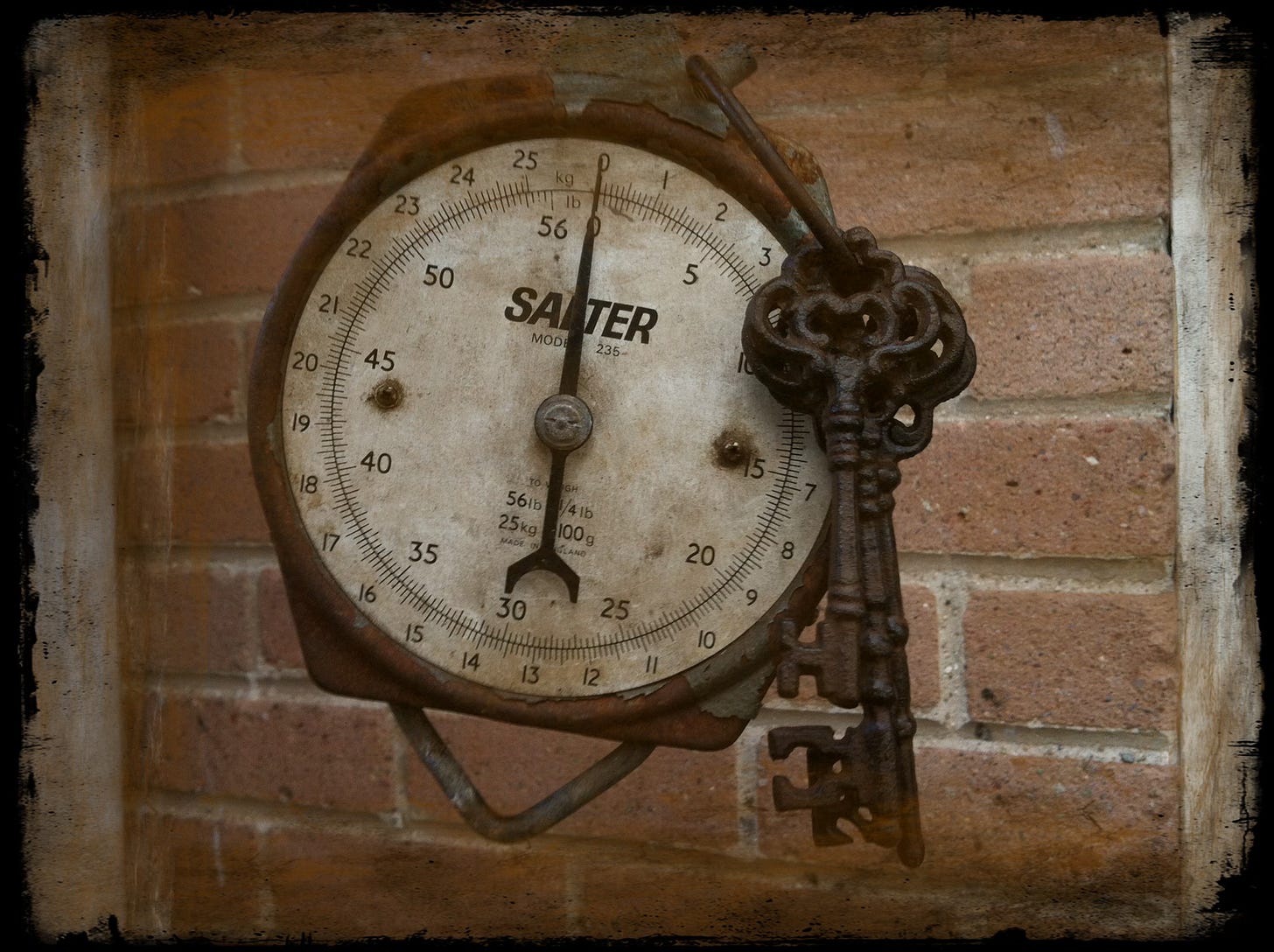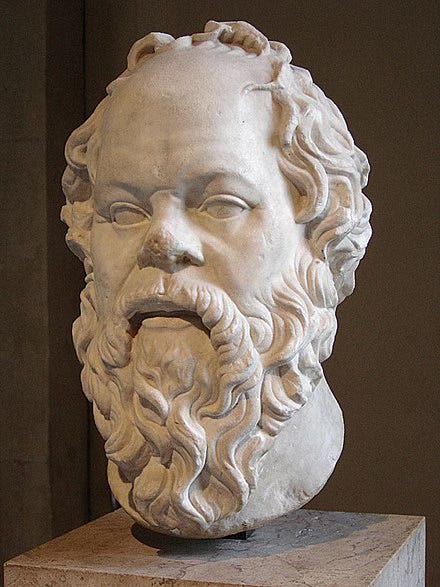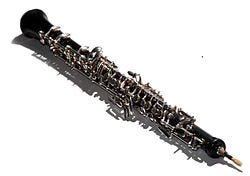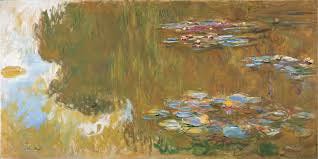Note: You can start reading here or anywhere, then go back. See Table of Contents. Come in the middle? Robert is the narrator who discovers after his wife Lena has died that she had a lover, Isaac. Evan is Isaac’s wife. Robert is on a search for how he lost Lena: He’s creating the story through memory, invention and a search for the truth and his role in what happened—and by stalking Isaac.
Robert
I mowed the lawn on a riding mower in even, straight rows, making the turn the way a farmer does, close-in, tight, sure to get the smallest curve possible on the angle around. This way the rows overlap and the mowing is clean.
I drove my car from suburban Virginia, parked in a garage exactly one mile from my office. I walked the mile for my health, not to save money though that also—the careful analysis of finance took center stage in my life. I had my taxes done on my computer before March 15, exactly one month before the filing date. One year I withheld a bit too much from my check as a margin of safety.
I told Lena we had no expendable funds until I discovered that I’d withheld too much and that my refund would be $18,000. I was alarmed because the government received the interest on that money when I could have been investing it. But I was relieved that I didn’t owe any money. Lena saw the money from the IRS as a windfall but knew not to say that out loud. For that was not what I thought. I told her, “It won’t happen again,” and she knew I’d calculate more carefully, that I was distressed by my error though unhurt by it. I didn’t like to make errors—and I didn’t like to be interrupted.
I am a fool.
Lena often said to me, Fools die for want of heart.
***
We had dinner after she’d returned from Isaac and Evan’s house, from their garden. She’d stopped at the store, bought halibut, golden potatoes and maché lettuce. Wandering through the grocery store—she went to Fresh Fields, the gourmet grocery where Evan had stopped—and reminded of the greenery on Evan’s counter, of the plantings in the garden, she bought the expensive young salad greens, decided she would make her own dressing and mashed potatoes from scratch. She did this for me because she wanted to please me. It wasn’t that she was foolish enough to think cooking a meal would make up for what she’d done but that she knew a dinner prepared with care brings to the food and the table an order that becomes a reality if done regularly.
I was pleased with all the dinners she made and that night, glad for the lightness of the fish and for her extra effort in shopping and cooking. This always pleased me—when she chose to do it, more often it must have been those days. I took a bite of the creamy potatoes with the salad. “What did you put in the dressing?”
“Balsamic vinegar and mustard.” She’d seen these on Evan’s counter and asked her before she left what they were for. Evan had given her a shorthand recipe, easy to remember: “Two tablespoons of the vinegar, one of the mustard, four of the olive oil whisked in a tablespoon at a time. Don’t forget to chop some garlic.” Lena had not bought garlic and knew that Isaac ate a better salad tonight than we did.
“But it’s missing something.”
“What?”
“Oh, the garlic. I wonder if it matters. Kind of like this dream I had this morning and woke feeling as if something were missing.”
“Maybe it was the garlic.”
She laughed. “Have you ever felt that way?”
“About garlic? No, I can firmly say I’ve not.”
She laughed again.
I said, “I suppose I’ve thought of things I haven’t done.”
“Then, no, you haven’t felt that way?”
“That misspent youth on a yacht.”
“Yeah, mine, too. So how’s work?”
“It’s under control. I can leave at five-thirty or six instead of seven.”
She heard in my answer, its firm statement and its lack of detail, and in my voice—this I now know—the sound of what one’s given up, if that has a sound.
She’d heard it in her mother’s voice when she’d talk about the window over her sink that she didn’t have. There was one small window at the end of the kitchen in the row house where Lena grew up.
Each house connected to all the others on the street like children holding hands in a long row at school. Her mother always wanted a window over the sink, a window onto grass and sun, an herb garden, a rose garden, but the sink was against one of the narrow walls pressing on the neighbor’s heated kitchen, efficient but noisy—voices echoed from walls and windows. The longed-for window, an echo of their lives. Her window looked out on the clothesline and the narrow alley where Hymie the fishman came on Thursdays. His call echoed through the window from behind his truck where he threw up the door, the clank of metal sliding on metal, the sound of the oval cradle-like scales banging on the chain hung from the inside roof of the truck. Lena’s mother would stand at the opened end of the truck and choose a flounder that Hymie weighed, scraped and cut open for their dinner.
Lena heard the clink of chain and scale with the weight of fish—the sound of a longed-for window.
I was about to say something when she said, “Hymie, the fishman—” like an echo from her head. She heard the words and knew her mistake.
“You’re interrupting,” I said. “I’m talking and you’re ignoring me, going off somewhere the way you do.” This was an accusation I made often.
“It was something related.” And it was. But how could she explain?
I would have none of it and she knew that. “You weren’t listening. You ask something and then don’t even wait to hear the answer?”
Usually slow to anger, she quickened. She did worry about her mental wanderings, And her betrayal: it must have always accused. But she must have thought, He shouldn’t dismiss me. He’s arrogant. “So who are you? Socrates?” That’s what she said to me.
“And was Socrates interrupted?” I’m dismayed now by my answer.
“No, but that’s not my point. Listen, let’s assume for a moment that you’re as wise and full of things the world needs to understand, that I need to understand. Still, why can’t you be interrupted?”
“If we’re assuming that I could be like Socrates for a minute, why should I be interrupted?”
“First of all, it was Plato who wrote it all down. So how do we know Socrates wasn’t interrupted?”
“So Plato was his student?”
“Yes, but we could assume that Plato might be the real brain here. He wrote it all down but paid homage to his teacher in doing so.”
“You’re not sitting across from a scholar here.” At least I was smart enough to admit that.
“Neither are you.”
“I think I am.”
“Well, you’re not,” she said. “But think about this. If Socrates was such a good teacher, wouldn’t he have wanted to be interrupted? Wouldn’t he have hoped that he sparked a thought in his student and the student couldn’t help but speak? Wouldn’t he have wanted that?”
I looked at her coolly, straight on, the blue in my eyes clear, accusatory, and insightful. Surely I was insightful. I said, “I’m closed off. I lack spontaneity. That’s my problem.”
She heard the clanking of the fishman’s chain, metal against metal. She smelled algae and rotting bones.
We were at the crux of the matter.
“I’m not saying that,” though it must have been what she was thinking. Why had she chosen Socrates to accuse me? It was she who should be on trial. It was she who should be accused of heresy. It was she who should be called the atheist. It was she who was my longed-for window. No wonder the air around her reeked.
She laid her head on her hand, her elbow propped on the table, her wrist near her nose. She wanted the smell of the spicy scent she sprayed there in the morning, but she was inured to it, was always surprised when I defined her with it.
Did Isaac ever say, “I’ll lie down tonight with you on my skin”? My longing now that she’s gone.
I like to think the triteness of such a line would have repelled her if he’d said it—as if he were living the romance novel. It would have made the impossibility of their affair palpable for her. And yet, like his words about the candle, she would have recalled them.
She leaned towards me, evaluated me. She must have thought, He’s reliable. He’s here. It was she who was gone. She could imagine her life without me but such an outcome, the inevitable outcome of what she did with Isaac, made her think of the longed-for window, of her mother. She said, trying to fix what she’d ruined with her insistence, trying to remind me of play, “Remember how we used to play talk over?”
“Talk over. What’s that?”
“We did it last summer on the patio—talked at once, as fast as we could, still listening to each other.” She remembered doing this, laughing so hard she could barely get out her next word, expectantly trying to tell me (Was it me?) what was on her mind. Me telling her with the same urgency what was on mine.
“That must be with your other husband. I don’t remember that.” A joke. My joke.
She ignored it. “Yes, you do.” But was it with me? Had she done this with Isaac? I don’t like interruptions. This is not a game I would have played. She said, “Maybe it was,” now playing along with my joke, her having another husband. “Anyway I’m saying that could be fun,” she continued. “Interrupting all the time. And I’m not saying anything about what’s wrong with you.”
And then I said, “No, I’m saying it.”
***
The only certainty here is this: We were at risk and I didn’t see it.
***
Lena went to bed in the small bedroom. She didn’t sleep with me, hadn’t for many nights. That night I should have gone outside, stood in the new-mown rows, the lawn that I’d cleared, where I made out of grass an ordered pattern soon to disappear, that I’d order again and again.
I should have waited for Isaac.
I imagine he left Karen’s hotel room but didn’t want to go home. I should have waited for him on the hill outside Lena’s bedroom in the cover of the wood that bordered my new-mown grass.
Her window faced the east. When the house was built, Lena placed this small bedroom at the back of the house so she could watch the sun rise after nights when she lay sleepless—a reward of light, of quotidian surprise for the nights of work or despair.
At this point in the story I build here, I don’t think he’d ever slept with her in this room—or anywhere in our house. They’d dared but once to be together in our house that I know about for certain and then ever so briefly; thus the alarming act of his taking her to his house.
He must have often stood on this hill with his back to the east, to the sun that rose behind his head and watched her come to the window, saw the outline of her body, the angles and curves he’d touched.
He must have known her by her shape.
On a city street when she was a mere shadow, blocks away, I knew her.
He’d wake on his farm early in the morning, ride his tractor in his fields, ride without mowing or seeding but rather for the cool air, the smell of earth and grass. He’d get in his pick-up and instead of going to work, as Evan believed, drive to Lena’s house, to our house, before the sun rose—to watch her.
He came in the dark, stood with the sun at his back, looked straight at her and turned to go with no words. He’d need no words for this or for any way to think about it.
Lena would have seen him, known his shape on the hill, as the sun rose behind him, a moment of unspeakable comfort. If they ever spoke about these moments, the comfort would disappear—a silent knowing that they must have shared, that neither would disturb with words, moments not of the world, and yet of the world, like the sun that rose behind his back, undeniable like the recurring light.
I think of my father’s words when we worked in the fields before the sun rose, “With patience and time grass turns to milk.” I must be patient to discover—not in my nature, not at all.
***
Lena, asleep in the small bedroom, alone in the double bed while I slept alone in the king-size bed in the large master bedroom, dreamed: She goes into the closet, hears a noise, perhaps the neighbors, she thinks, and leans closer to the wall to listen.
This was of course absurd in the way that dreams are because our house did not adjoin another. We lived on three acres of land and woods.
From inside the closet, from the wall something touches her breast. She’s unable to move or see.
Paralyzed the way we sometimes are in dreams and in this case also blind.
She tries to open her eyes but can’t.
And still she sees. She is no longer the center of the picture. She is the observer. Someone else goes into the closet in the light and finds a box. In it is a large crude oddly shaped oboe. A musician decides to try to play the instrument. It is difficult at first but then he wets the reed with his tongue and the oboe responds to his mouth, his touch, and the sound becomes more compelling, the playing more necessary.
But then the oboe is lying on a bureau. It waits for her—like a demand: When will you be home? When will you play me?
She told me the dream, how it woke her, frightened. A nightmare. Or was it? She reached across the bed for me, but of course I wasn’t there. She lay on her side to watch the light that would come soon from the window.
She must have understood from this dream that she was hidden, a hidden thing, that she was absent. From the psalm she was studying and often quoted: “I spread my hands and perceive her unseen parts.” Was this the way Isaac opened his hands?
She told me she heard music though there was none. The fright of her dream lifted with this silent sound and she said out loud, quoting from the Bible that she knew and studied, “before them timbrel, pipe and lyre.
***
When will grass become milk?
My father said, “Grass vanishes, new grass appears. And milk will be your food.”
***
Isaac must have stood in the lifting shades of dark, knew that she’d slept in the double bed adjoining the marital bedroom the way he knew that she’d looked at her breasts in the mirror while he lay with Karen, knew that she’d replayed his words, “Close my eyes,” “Light a candle.”
He’d seen her come outside here like Juliet or Rapunzel or Cyrano’s Roxanne and he’d watched.
He climbed the deck to the little bedroom. He watched her from the open door.
He would have been tired, been up all night. He needed to come to Lena after Karen. He needed more than the sight of her rising.
She lay perfectly still, in sleep. The dream would have passed, its distress gone. Her words out loud had calmed her, and she would have rested deeply.
She lay under a pale blue sheet and he could see the silk strap of her nightgown, blue against her skin, blue-pale in night light, the blue of paintings he’d stood too long before: Monet’s iris blue at Giverney, Degas’ dancing chiffon blue, Manet’s petal blue blossoming on clear water. Their blues, the silk ribbon on Lena’s shoulder, braided memory in his head, braids memory in mine.
Lena spoke to me of her mother lying with her father in the early morning when she was a child, when she’d stood in the doorway, watched them sleep, hoped they’d wake, glad they didn’t—though as a child she didn’t understand how this memory, this invasion would stay with her, would comfort her.
Lena’s mother died ten years ago, when she was old, when she was sick, victim of a paralyzing stroke.
I remember her kitchen, the blue-white water mixed from powdered milk she poured inside a Sealtest jar and placed inside the fridge. Her faded housecoat, the piece of floss she crumpled in a tissue in her pocket, the shuffle of her feet in cotton slippers on the kitchen floor, the smell of slow simmering pieces of meat, of sautéed onions on the stove mixed in the air with the yeast and sugar of the pastries she’d spent the day preparing, her rolled down stockings, her brown tied oxfords.
Lena’s memories fill me: As a child, her arms around her mother’s knees, blue-flowered cotton in her face, the smell of garlic on her skin. The afghan her mother had knitted that lay at the end of Lena’s bed when she was little. The night Lena’s mother died, the hospital room. Then after. Going home. The gray afghan she kept at the end of the bed in the room that faced east. The afghan she’d crawled under for the lasting feel of her mother in weight of wool threaded with blue chevrons while Lena had lain blue-pale inside her mother’s womb.
Isaac stood in blue light. His lover slept.
Did Karen sleep? He would not want to watch Karen sleep—this he would know now.
He’d stand before Lena and say, “The color of memory is blue.” Words I said as I watched her sleep before she died.
The color of shame is blue.
The wind would begin to blow, the sun would be rising and Isaac would hope Lena would wake, throw off her sheet, take him to her, but still she slept while outside the sky kicked up sheets of blue.
When I stood beside her bed, I saw the end of blue—the color of her lips beneath the shroud. Love and death. The space between, where I search.
He would have been so tired.
He didn’t think what he should have been thinking: What if I should wake? What would Lena do if I saw him, an intruder on the balcony? Would she say nothing and watch him carried away, a possible burglar or pervert? Punished, for by then I would have seen him and known him and let him be carried away, exposed. He wouldn’t think any of these things.
Instead he’d enter the open door, lie down beside her. She’d wrap her body round him and they’d sleep.
With the morning light on their still bodies, he’d open his eyes, transfixed at the sight of her next to him. They’d never slept together. They’d made love but never slept, never woken in the morning as one.
Lena would get up.
She’d come to the marital bed, to our bed.
Would he wonder if I would make love to her, roll toward her, wrap my body round her? Imagine her shift to lie in my embrace, the shape of one instead of two, the ease of our joining in the morning light, of what sustained and might have continued to sustain us.
Still, Isaac lay in the double bed. He should leave, escape, be safe. But he slept and dreamt: Small, narrow bones. He holds a tiny femoral in his hand and takes a fine scalpel. He carves the opening, the flat, reedless embouchure. He carves the tiny holes for his fingers. He lifts the perfect bone to his mouth and blows. He hears the sound, the clear note, the call of the thrush outside the window, and he’d wake.
I see them.
She went to him. She did not speak, she did not get in with him. She went to the bottom of the bed, lifted the blankets, laid her cheek against the soles of his feet and wept. He lifted the blanket away from his body. He was erect. She kissed his feet, covered them, came to his penis and folded her hands around him, briefly, not to arouse or to bring, but to comfort. She said, “You must go.” And he did, out the back, over the deck onto the hill.
She stood on the balcony, her body, the angle of her hip, the shadow of her breast through the gown that blew against her in the breeze. Like a breath of blue.△
Robert, Chapter 10, next Yes, it’s his story and he gets another chapter with the same title.
Table of Contents
Love,














Ah the emptiness! The fools death! Loved seeing a peek into Robert’s existence at the top of this chapter, and how is orderly way is in such contrast to his almost manic, vivid imaginings. He’s quite a conundrum. So much depth in this piece, I need to go back and read it again so I can savor all your bread crumbs!
What a lyrical passage on longing and desire. "On a city street when she was a mere shadow, blocks away, I knew her." And still you maintain the suspense, the risk in Robert and Lena's relationship, in Isaac's presence, real or imagined, on the balcony. Great stuff!